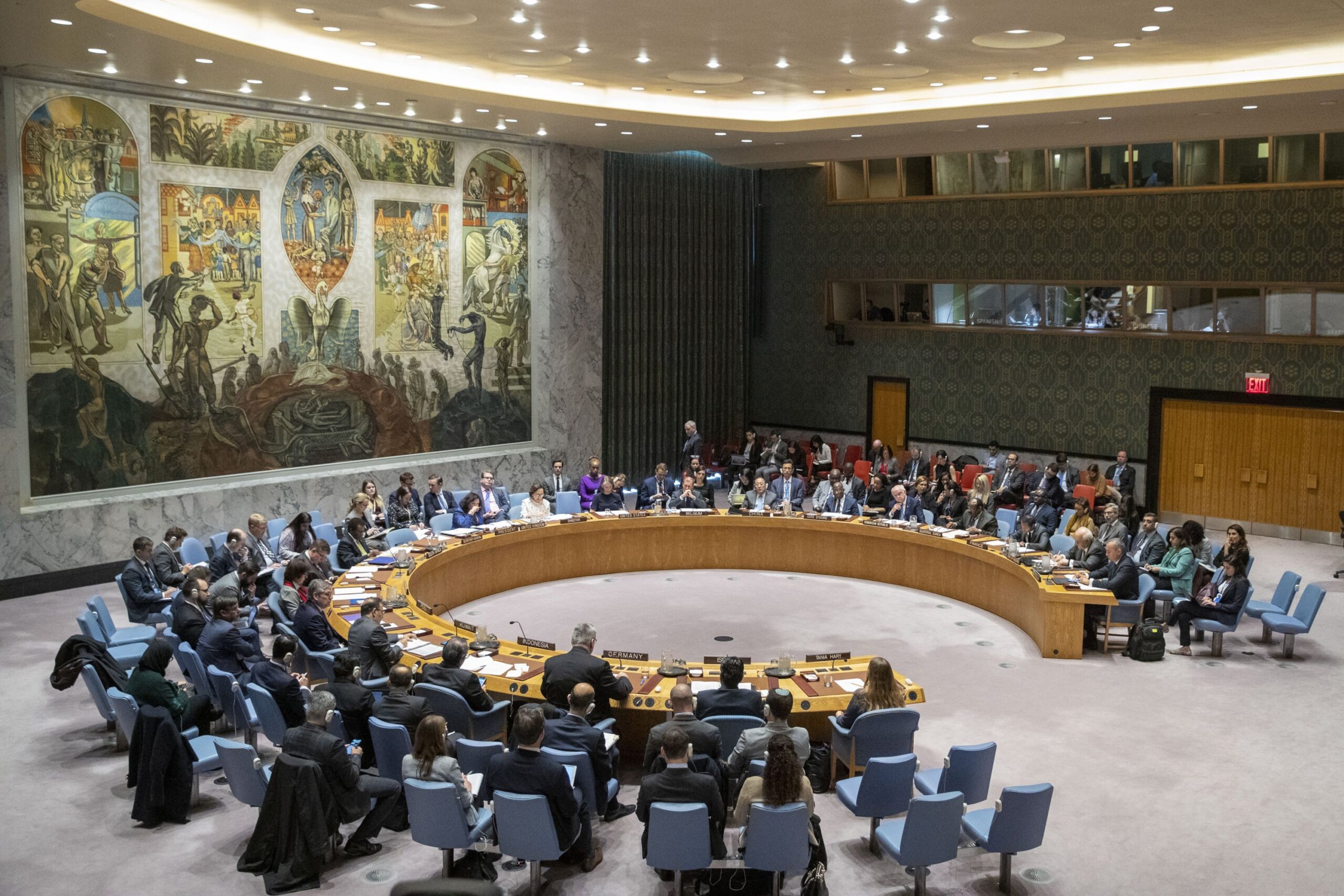The UN special envoy for Afghanistan, Roza Otunbayeva, said that the “April 5 restrictions against the Afghan women working for the United Nations place a question mark over our activities across the country. We have been given no explanation by the de facto authorities for this ban and assurances that it will be lifted.”
Speaking at UN Security Council’s Meeting on the situation in Afghanistan, Otunbayeva said that the UN does not want to put the lives of its female staff at risk and therefore asked them to not report to the office and also asked the male staff to stay home to respect nondiscrimination.
Otunbayeva said that according to the initial media reports, cultivation of opium has significant decreased and at the same time the opium economy has helped sustain parts of the rural economy in Afghanistan, and she urged donors to consider “allocating funding to alternative livelihood programs that address the specific needs of farmers” affected by the ban on poppy cultivation.
Speaking at the same meeting, Lana Nusseibeh, Permanent Representative of the United Arab Emirates to the United Nations, said:
“We must continue to insist on the inclusion of Afghan women and girls in Afghan society and this starts with education. We must see progress on the provision of education at all levels and up to the internationally expected standards and benchmarks. This is non-negotiable.”
She also expressed concerns about the requiring of a hand-over of educational programs, saying that this will result in subsequent donor funding withdrawal. This will be a “tragedy” not only for women and girls but the entire country, she said.
“We must safeguard women and girls’ access to the internet across the country as it is the only space where they currently move freely and today it is providing life-changing support to the education of girls in the country,” Nusseibeh said.
Zhang Jun, Permanent Representative of the People’s Republic of China to the United Nations, called for the removal of travel bans on the Islamic Emirate’s members.
“To promote dialogue and engagement, it’s necessary for the Security Council Sanctions Committee to make a package of exemption arrangements for the international travel of the relevant personal of the Afghan interim government,” he said.
The US deputy ambassador to the UN meanwhile said that the US will also carefully “watch the Taliban’s action on the commitments they have stated they will uphold.”
Ambassador Robert Wood said that despite obstacles and competing global priorities, “we cannot turn our backs on the Afghan people’s growing humanitarian needs.”
“As the world’s largest humanitarian donor,” Wood said, the “United States will continue to do its part to support the people of Afghanistan.”

